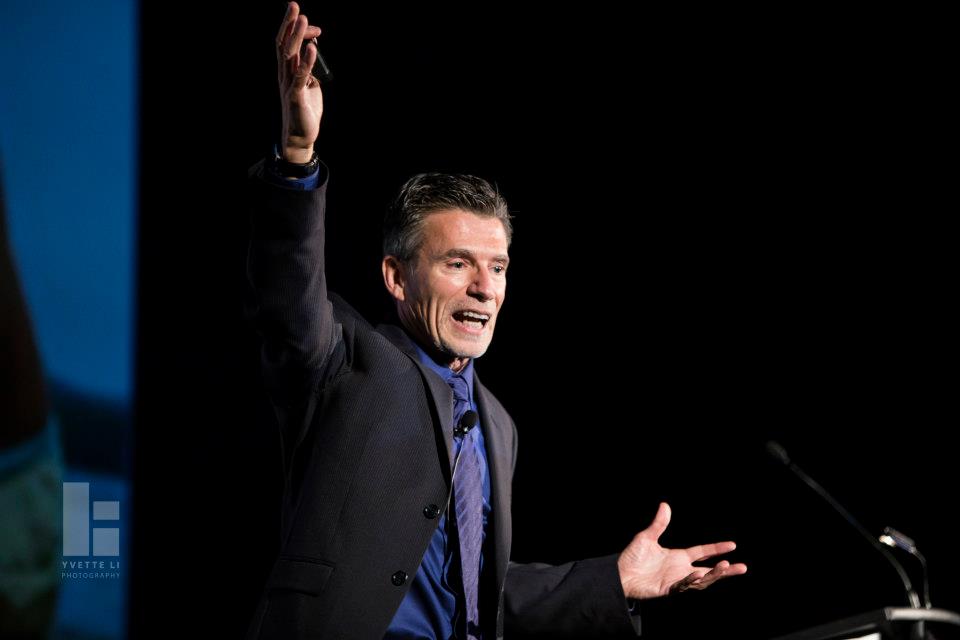Bestselling author and business visionary Dr. John Izzo helps companies maximize their potential from the ground up. For over 20 years, Izzo has worked with thousands of leaders around the world, on employee-engagement strategies and brand transformations. Here, Dr. Izzo shares his best ideas for leaders to tap-in to the talents of their employees:
One of the biggest complaints leaders have is the challenge of getting their people to take initiative. All too often they hear “it’s not my job” to step up. But the problem isn’t always with an unmotivated employee—it’s often things we do as leaders. People respond according to how they’re treated, and it begins with the culture.
Companies have an untapped goldmine of talent waiting to be unearthed. All it needs is the right environment and leadership.
Here are five ways to empower your people to unleash their creative genius.
Treat Them Like Leaders
“If you treat people like adults, they will act like adults. But if you treat them like children, they will act like children.”—Dennis Bakke, former CEO, AES Corporation
How much responsibility do you give your people? Do you trust them? If you treat people like leaders, they’ll step up like leaders. Treat them as subordinates, and they’ll act like subordinates.
At the Ritz Carlton Hotel and the Four Seasons, associates such as bellhops and housekeepers are given substantial amounts of cash (up to $1000) to use freely at their discretion to create a memorable guest experience. A beautiful example of this was during a wedding at one of the Ritz Carlton resorts when a disabled guest wasn’t able to access the beach where the wedding was taking place. A staff member had an idea to build a platform so she could watch. It cost hundreds of dollars but it made the guest feel special and no doubt left a very favourable impression of Ritz Carlton.
Give Them a Seat at the Table
If you want your people to bring ideas and solutions, ask for them. People are often are resistant to step up because they feel invisible and unimportant. Have regular monthly brainstorming sessions and ask everyone to join in and contribute their ideas. Walk around your place of employment and have casual conversations and ask them how it’s going. Get their feedback. When people feel valued, they will bring value. Some of the most innovative and wildly successful ideas are waiting to be unleashed if given the chance. Give your people a voice and listen.
Be Aware of Your Reaction
Asking for input is great, but how you respond is vital. Ask and listen. Don’t be too quick to dismiss ideas. Be open and take the time to evaluate. A classic example of being too quick to judge is the story of the Starbucks Frappuccino. When two enthusiastic employees presented the idea of a cold coffee drink, executives initially rejected the idea. Fortunately, the employees kept pushing and took action in their own location to test out their idea. After discovering it was winner, management finally listened. Today the Frappuccino is a billion dollar business. The reality however, is that most companies don’t have such tenacious employees. Most people shut down by the rejection, and refrain from offering further opinions. This massive success story is a prime example of why you should be open to ideas when presented.
Praise Efforts, Not Just Results
Corporations’ number one priority is the bottom line. They judge people by their results. Did they meet the target? Did they make the numbers? Quantity often overrides quality. But this pressure to perform keeps people from stepping up for fear of failure to meet expectations. If you want your people to offer ideas and take a risk, then it’s vital to praise efforts, not just results. Research at Stanford has shown that when people are praised for effort they are much more likely to take more initiative and stretch themselves than when praised only for results. Praising a well intentioned failure might pave the way for the next success.
Refrain from Handpicking
Many leaders think that only certain individuals have the chutzpah to step up. They erroneously believe that only a select few can generate innovative and wildly successful ideas. My experience has been the opposite. Almost everyone wants to step up, take initiative and generate ideas that make a contribution.
It’s not about the horse, it’s about the trainer. It’s not about the employee, it’s about the leader. Leaders can make or break innovation. See everyone as valuable contributors, and every one will step up.

